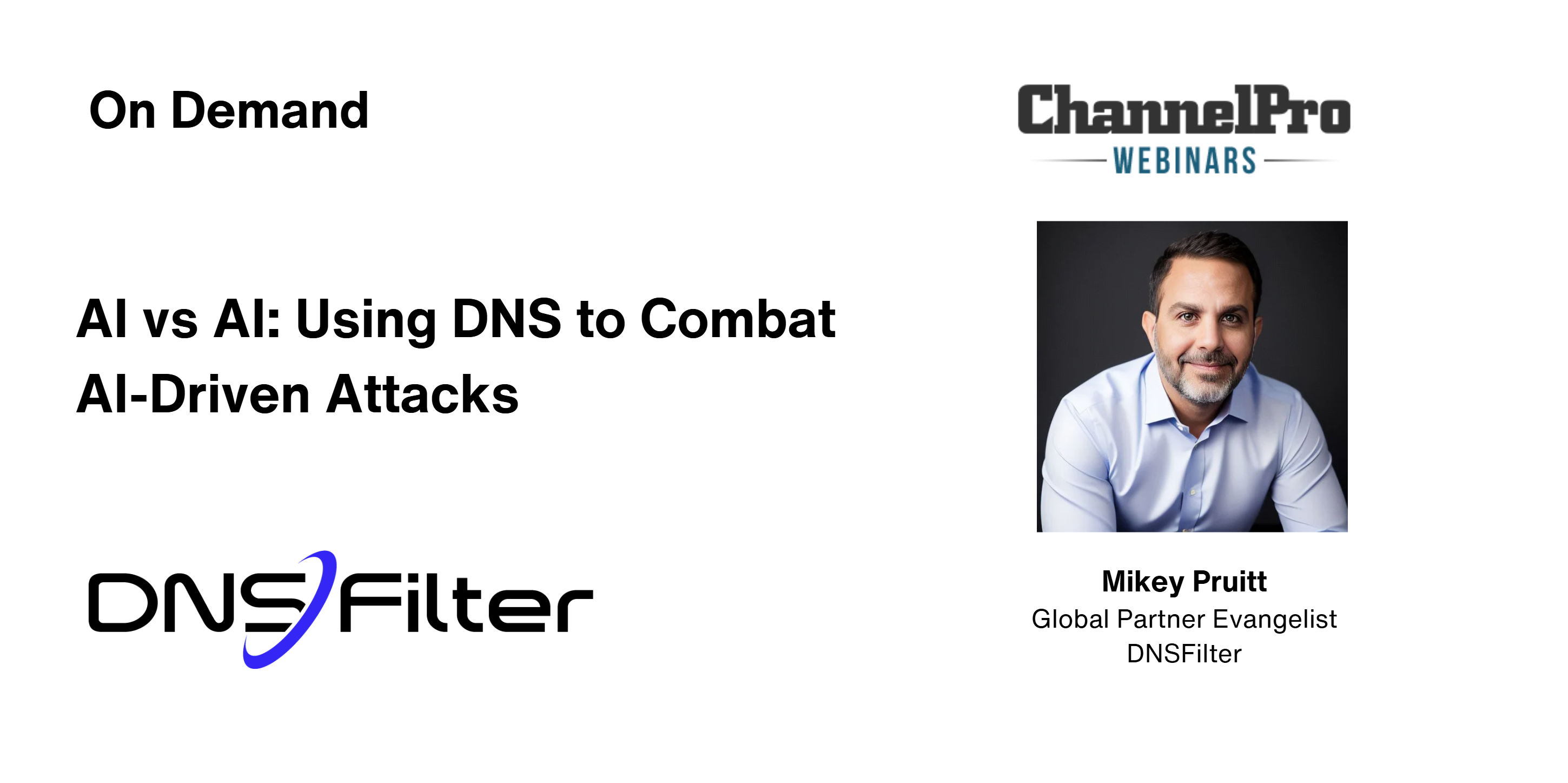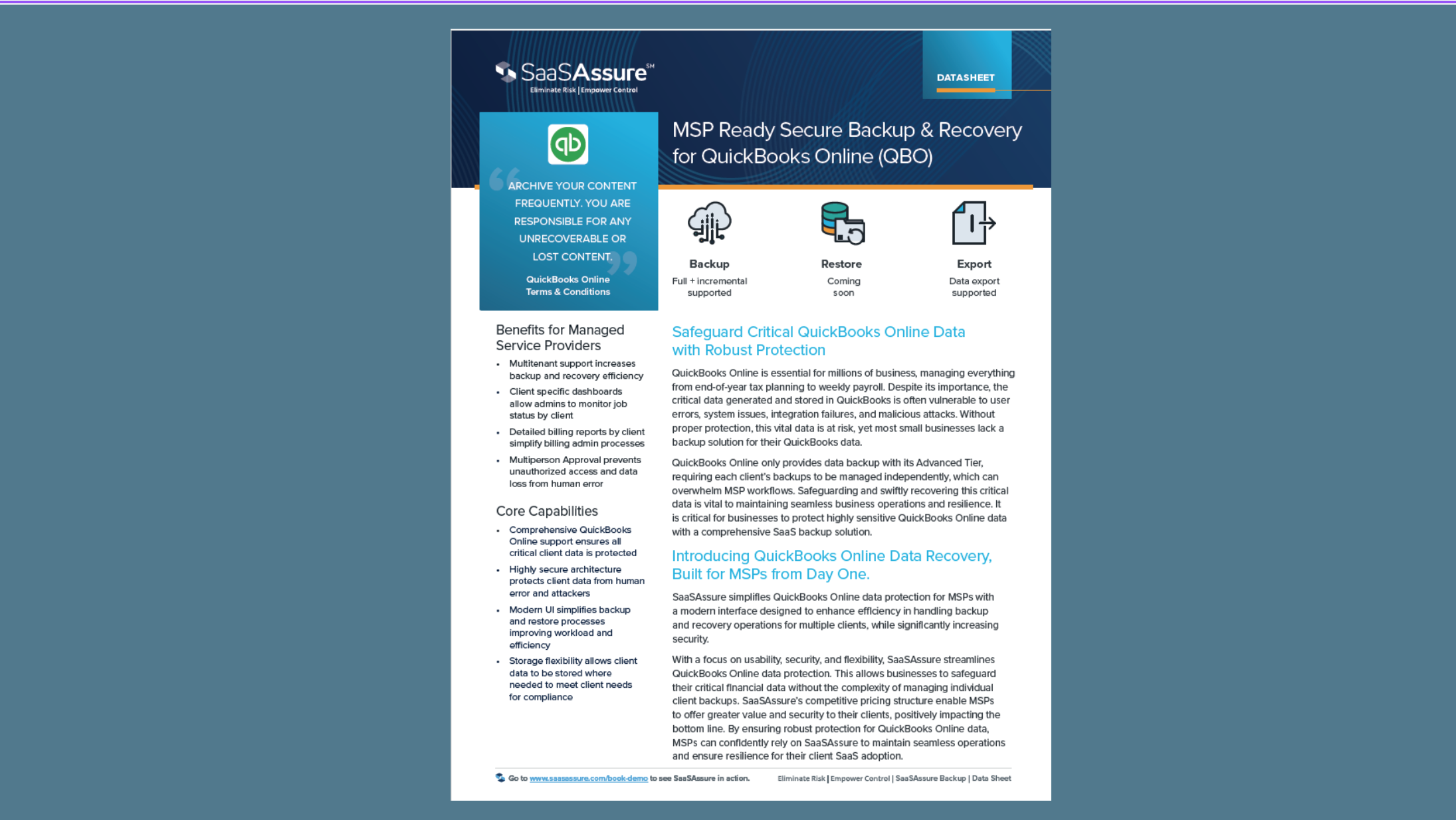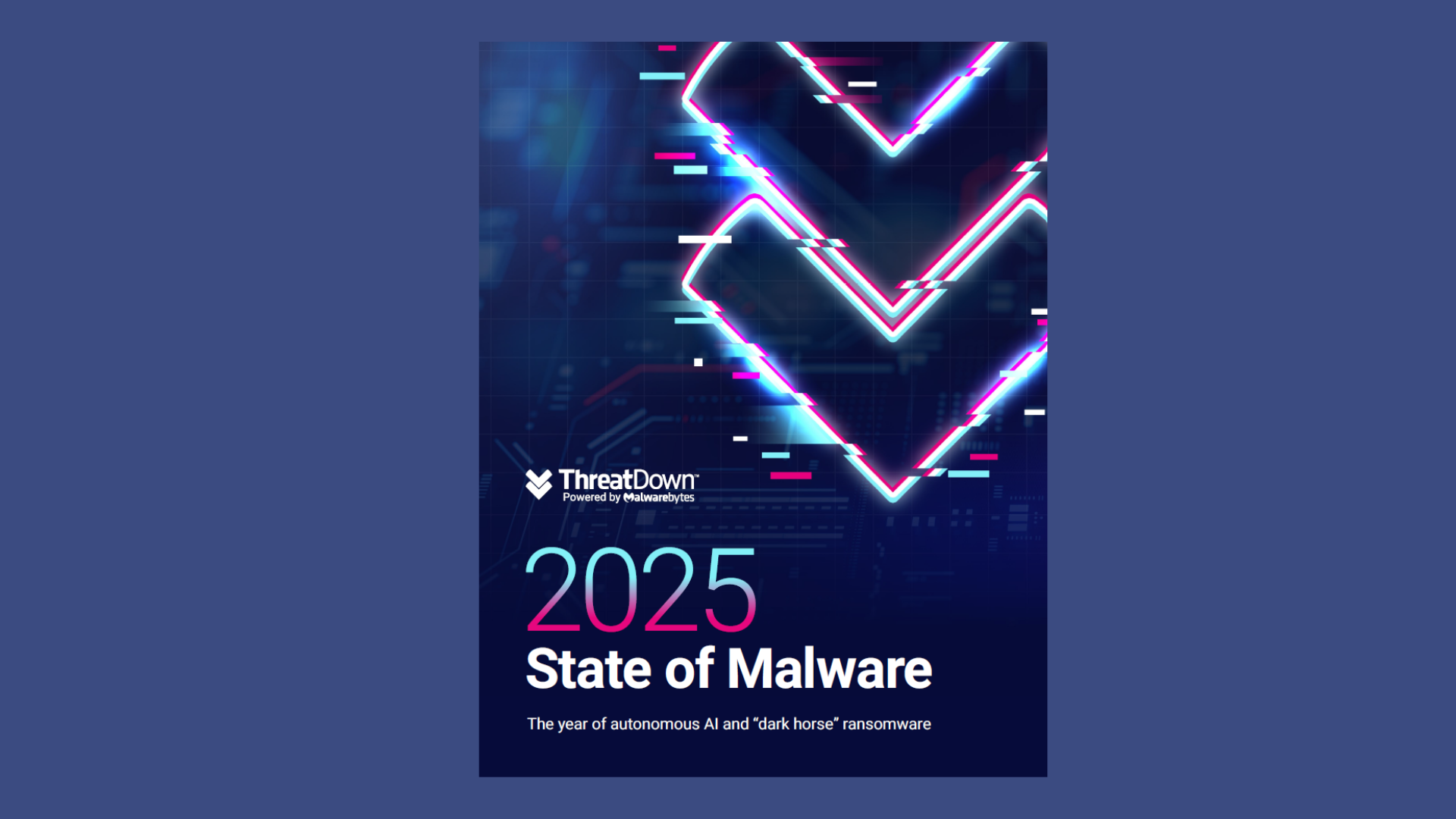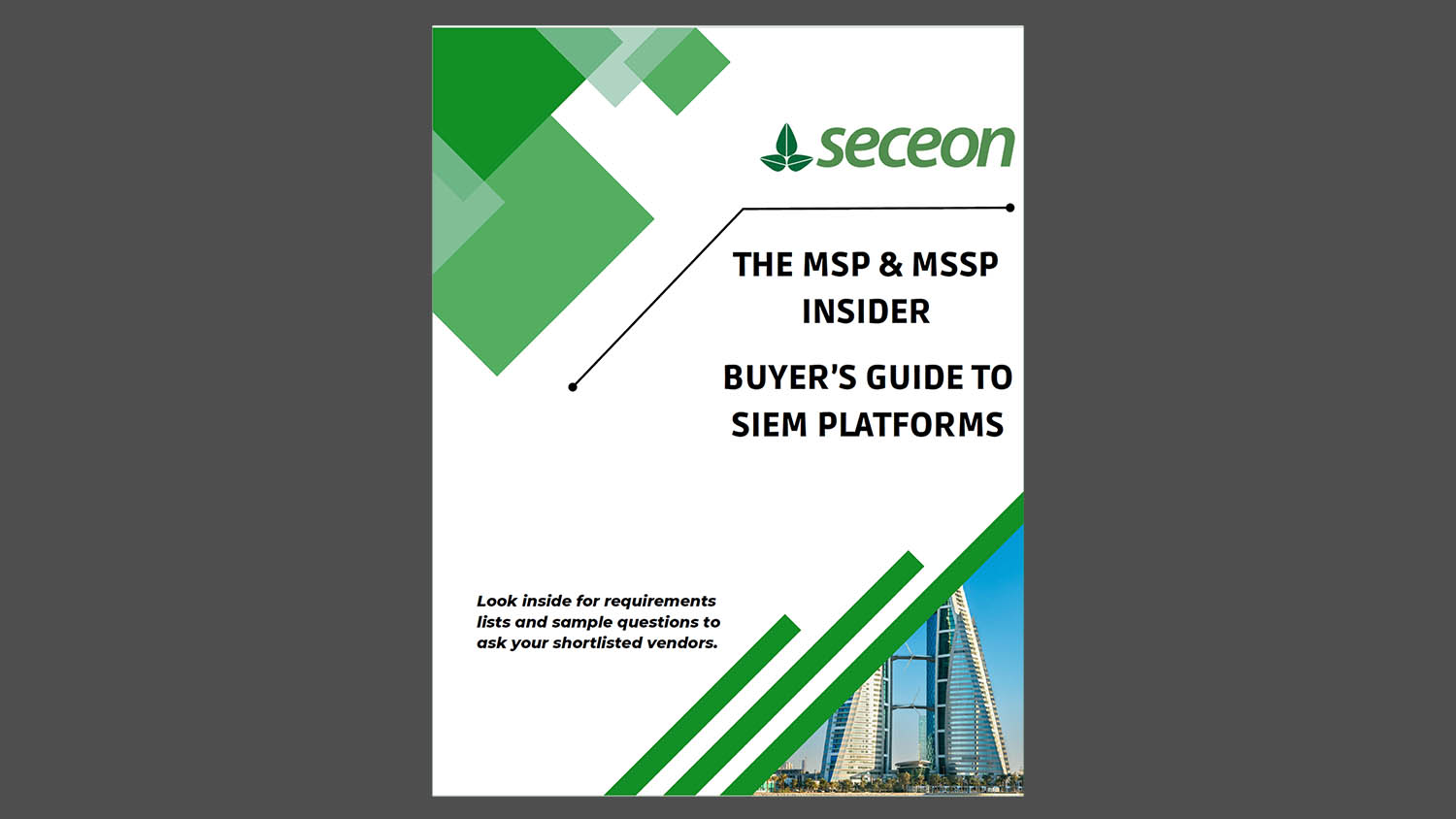Like others in distribution, Ingram Micro‘s Kirk Robinson has a “healthy respect” for what will be a “formidable foe” when the pending merger between SYNNEX and Tech Data closes later this year. But the essence of Robinson’s take on the epic deal boils down to two words: game on.
“You couldn’t ask for anything better,” says Robinson, who is Ingram’s senior vice president and chief country executive for the U.S. “Any company needs good, strong competition to raise their own bar, so we’re looking forward to it.”
Robinson has a specific, and recent, experience in mind when he voices that enthusiasm: Tech Data’s acquisition of Avnet’s technology solutions business in 2017. “Right after that, we posted some of the best numbers we’ve ever had in the company’s history,” he recalls.
Ingram’s numbers remain healthy now. The company closed its last fiscal year at nearly $50 billion in revenue, and has some 35,000 employees working with 1,600 vendors and 170,000 partners in 160 countries.
Indeed, Tech Data’s $2.6 billion deal with Avnet, it’s acquisition last year by private equity investor Apollo Global Management for roughly $6 billion, Ingram’s own $7.2 billion acquisition by Platinum Equity, and the also $7.2 billion Tech Data/SYNNEX merger announced this week all suggest that distribution in general is on a roll. That’s precisely the opposite of what many industry observers predicted last decade as the rise of cloud computing and everything as a service rendered the warehousing and finance services that distributors were best known for less and less relevant.
“I wouldn’t want to be anybody who wrote an article on the death of distribution, because at this point they might look a little bit foolish,” Robinson says. “What an exciting time to be in our industry.”
Like D&H, another broadline distributor, Ingram sees potential for some competitive gains in the months ahead as SYNNEX and Tech Data close their giant deal and then integrate their substantial organizations.
“Anytime you have a merger or acquisition at that size, they’re going to be very busy looking internally at how they’re going to handle things, where they overlap, and how they’re going to come together,” Robinson says.
Of course, Ingram itself has some organizational shifts coming this summer, when the Platinum deal is expected to close. Robinson insists the change of ownership won’t slow the company down.
“There’s probably more opportunity there for us than disruption,” he says, noting that when Chinese conglomerate HNA Group bought Ingram in 2016, its senior leadership team, strategies, and operational practices remained largely unaltered. The same will be true this time around, Robinson promises.
“We’re going to continue to invest from the SMB into the enterprise,” he says.
Those investments will center around a core set of strategic imperatives, the first of which is more thoroughly mining the company’s overflowing databases for information it can use to anticipate and satisfy partner requirements. That’s a priority Robinson has been talking about since 2019.
“We are very focused on continuing to look at all the data that we have and how we can use that to be more intelligent around how we work with our partners and our vendors to deliver the right solutions and services,” he says. Investing in its professional services team, adding advanced solutions of the kind it introduced this week in partnership with Veeam and Zadara, and searching via its emerging business group for small vendors with big potential will remain priorities as well.
Like other big distributors, Ingram sees growth ahead this year. While the data center segment is “still a little bit soft,” areas like storage and security are strengthening and what Robinson calls the “everything at home” phenomenon is far from played out.
“It’s where we’re working. It’s where kids are going to school. It’s where we’re working out. It’s where we’re shopping,” he notes. A year after the arrival of COVID-19, all of those activities are still driving technology purchasing. Despite the closure of many small businesses since the start of the pandemic, moreover, SMB revenue has been solid too. “It’s really held up,” Robinson says.
The only thing Robinson sees possibly slowing momentum this year is a global shortage of raw materials and sub-components, like processors, that’s currently giving hardware makers supply chain headaches. Those will persist through the end of the year, he predicts, but not materially impact Ingram’s financial performance.
“I believe there’s still enough demand and that we’ll be able to bring in enough supply,” Robinson says. “We’re still optimistic about the results we’ll be able to drive in 2021.”














